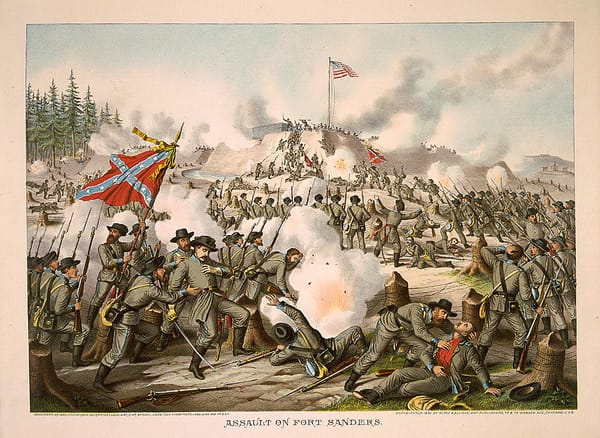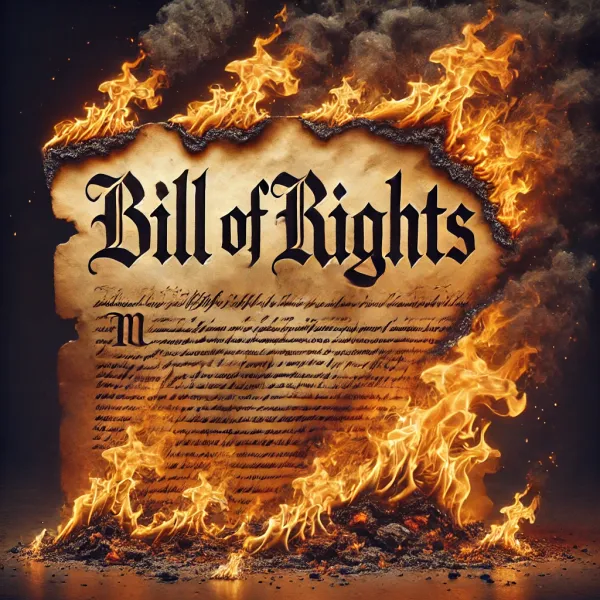NYPD Domestic Surveillance Lawsuit Reinstated
Yes, the one about wholesale spying on Arab- and Muslim-Americans.
Yes, the one about wholesale spying on Arab- and Muslim-Americans.
Josh Gerstein has a piece out today talking about the 3rd Circuit Court of Appeals decision. The entire episode was covered in detail by Matt Apuzzo and Adam Goldman when both were partners at the AP.
The appeals court clearly felt that the NYPD’s actions met the test of discriminatory treatment on the basis of religious or ethnic affiliation. And these judges have a sense of history. From pp. 54–55 of their opinion:
Today it is acknowledged, for instance, that the F.D.R. Administration and military authorities infringed the constitutional rights of Japanese-Americans during World War II by placing them under curfew and removing them from their West Coast homes and into internment camps. Yet when these citizens pleaded with the courts to uphold their constitutional rights, we passively accepted the Government’s representations that the use of such classifications was necessary to the national interest. [Hirabayashi, 320 U.S. 81; Korematsu, 323 U.S. 214]. In doing so, we failed to recognize that the discriminatory treatment of approximately 120,000 persons of Japanese ancestry was fueled not by military necessity but unfounded fears. [See United States v. Hohri, 482 U.S. 64, 66 (1987); see also Act to Implement Recommendations on the Commission of Wartime Relocation and Internment of Civilians, Pub. L. 100–383, § 2(a), 102 Stat. 903–04 (1988)].
Given that “unconditional deference to [the] government[’s] . . . invocation of ‘emergency’ . . . has a lamentable place in our history,” [Patrolmen’s Benevolent Ass’n, 310 F.3d at 53–54 (citing Korematsu, 323 U.S. at 223)], the past should not preface yet again bending our constitutional principles merely because an interest in national security is invoked.
And yet “bending our constitutional principles” has become all too easy — not just for the courts, but for entirely too many in our national legislature.





